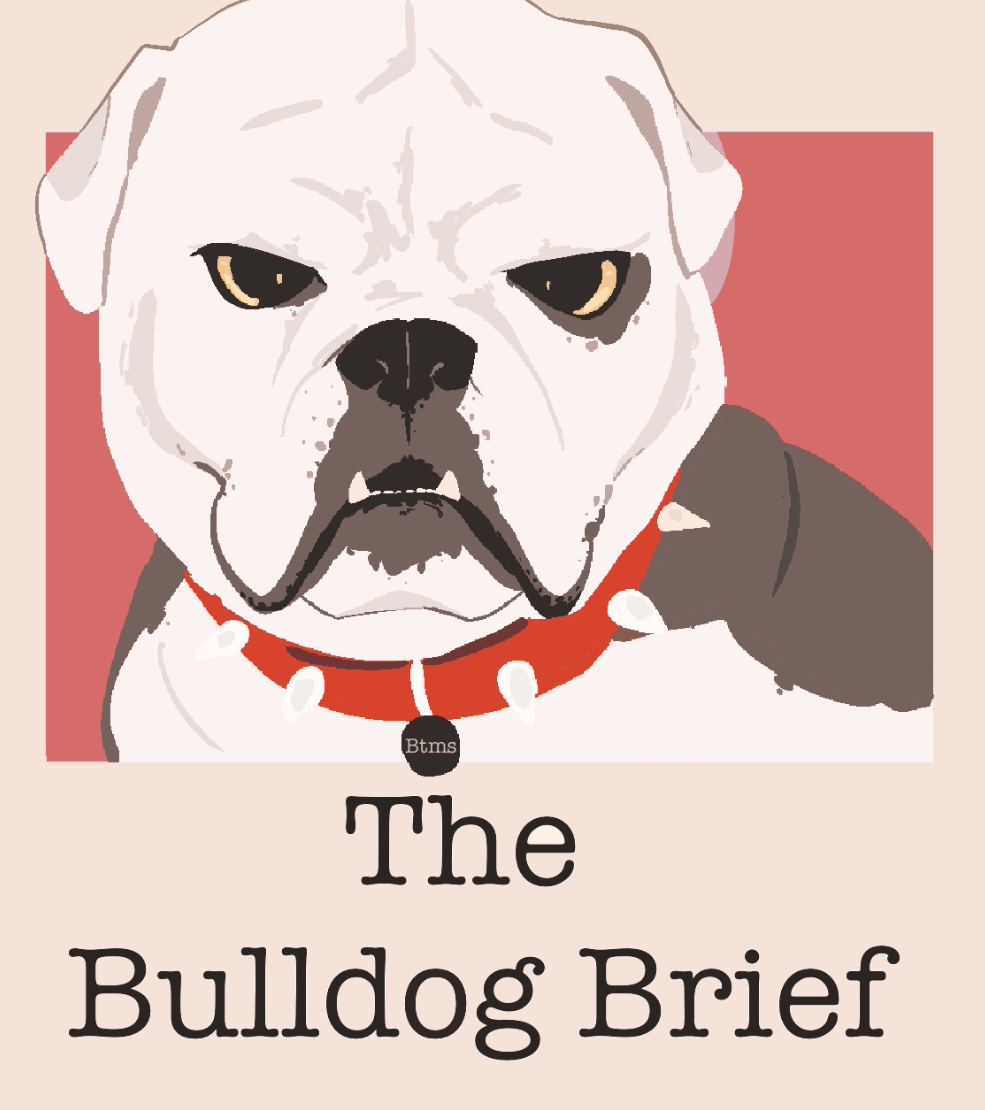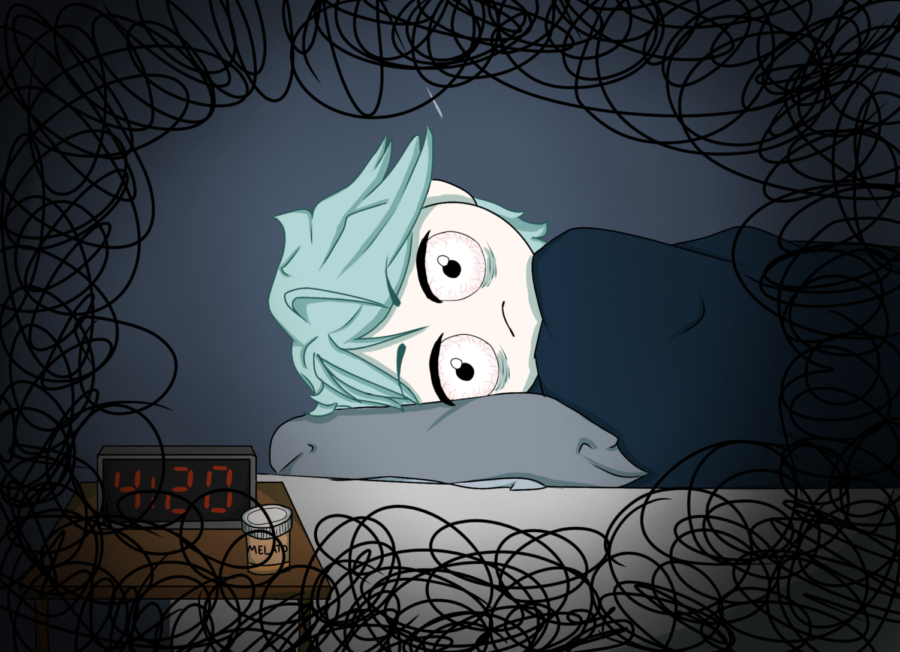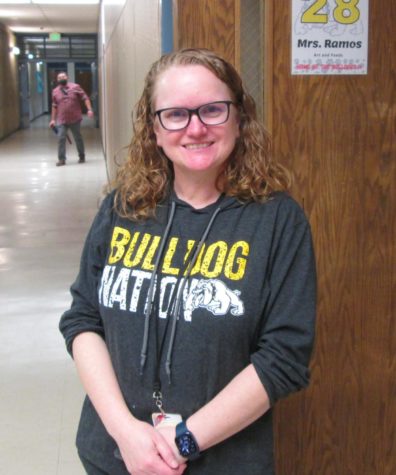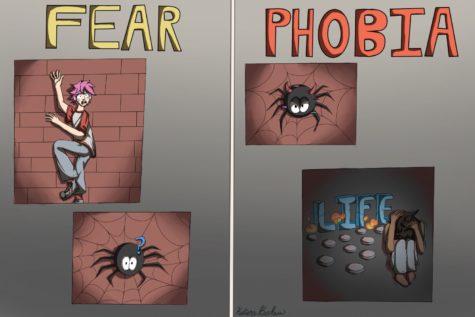Not Catching Enough ZZZ’s Can Be Dangerous!
Do you want to learn about the effects of sleep loss? Read this article to find out more!
Introduction
This article will talk about the effects sleep loss has on everyone. This article aims to inform people about the dangers of sleep deprivation and will talk about how to get to sleep because sleep loss can be more dangerous than most think.
The Health Toll
It has been proven that when you get less sleep or you don’t get quality sleep you are at a higher risk of getting sick when you catch a virus. If you don’t get enough sleep it may also affect how fast you recover from your sickness. When sleeping, your body releases proteins called cytokines. There are certain cytokines that need to duplicate when you have an infection, inflammation, and when you get stressed. Not getting enough sleep can reduce the production of these cytokines. Another way not getting enough sleep negatively affects your immune system is that infection-fighting antibodies and cells reduce during the times you don’t get the proper amount of sleep. Lack of sleep for a long time can increase the risk of obesity, diabetes, and cardiovascular disease. According to the CDC (Centers for Disease Control and Prevention), children and adolescents who do not get enough sleep have an increased risk of poor mental health and are more likely to have issues with behavior and attention.
Drive Cautiously
Obviously it’s bad to fall asleep while driving, but even if you don’t fall asleep bad things can still happen.
The National Highway Traffic Safety Administration estimates that between 2005 and 2009 drowsy driving was responsible for an annual average of: 83,000 crashes 37,000 injury crashes 886 fatal crashes (846 fatalities in 2014)
— CDC
Sleep deprivation makes drivers less vigilant, have slow reaction time, and affects the drivers decision-making capabilities. If you go too long without sleep it can be the same as having too much alcohol. Some warning signs that can tell you that you’re drowsy while driving are that you yawn or blink regularly, you can’t recall the past few miles, you miss your exit, you start drifting out of your lane, or you hit a rumble strip. If you start to experience these signs pull over and take a power nap. If there’s another person in the car then switch drivers.
Sleeping Tips
The CDC analyzed some survey data from the 2015 national and state Youth Risk Behavior Surveys. Those surveys said that 6 out of 10 middle school students (grades 6-8) don’t get the proper amount of sleep on school nights. According to those surveys 7 out of 10 high school students (grades 9-12) do not get the amount of sleep they should be getting on a school night. People the ages of 6-12 years old should consistently get 9-12 hours of sleep per night. Teenagers aged 13-18 years should get 8-10 hours of sleep per night. Since a lot of people don’t get the amount of sleep they need I’m including sleeping tips to help everyone get to sleep. The first sleeping tip is to go to bed at the same time every night and wake up at the same time every morning. Your sleeping environment should be dark, quiet, relaxing, and the temperature should feel comfortable. Exercising during the day can make it easier to go to sleep at night. You could also try the 10, 3, 2, 1, method. This method suggests that 10 hours before bed you shouldn’t drink caffeine, 3 hours before bed you shouldn’t have food or alcohol, 2 hours before bed you shouldn’t do any work, and 1 hour before bed you should turn off screens.
Conclusion
Remember, get enough good quality sleep because there are consequences if you don’t. I hope you’re more informed about this topic now that you’ve read this article. I wish you good luck in sleeping and I hope the sleeping tips I provided help you. If they don’t you can look up more sleeping tips on Google.
Citation List:
Allan, Patrick. “Get Better Sleep and Start Mornings Strong with the ‘10-3-2-1-0’ Formula.” Lifehacker, Lifehacker, 2 Mar. 2016, https://lifehacker.com/get-better-sleep-and-start-mornings-strong-with-the-10-1762499118.
“Can Lack of Sleep Make You Sick?” Mayo Clinic, Mayo Foundation for Medical Education and Research, 28 Nov. 2018, https://www.mayoclinic.org/diseases-conditions/insomnia/expert-answers/lack-of-sleep/faq-20057757#:~:text=Certain%20cytokines%20need%20to%20increase,don’t%20get%20enough%20sleep.
“CDC – Drowsy Driving- Sleep and Sleep Disorders.” Centers for Disease Control and Prevention, Centers for Disease Control and Prevention, 21 Mar. 2017, https://www.cdc.gov/sleep/about_sleep/drowsy_driving.html#:~:text=Lack%20of%20sleep%20can%20make,as%20drinking%20too%20much%20alcohol.
“CDC – Sleep Hygiene Tips – Sleep and Sleep Disorders.” Centers for Disease Control and Prevention, Centers for Disease Control and Prevention, 15 July 2016, https://www.cdc.gov/sleep/about_sleep/sleep_hygiene.html.
“Risks from Not Getting Enough Sleep.” Centers for Disease Control and Prevention, Centers for Disease Control and Prevention, 1 Apr. 2020, https://www.cdc.gov/niosh/emres/longhourstraining/risks.html.
“Sleep & Immunity: Can a Lack of Sleep Make You Sick?” Sleep Foundation, 13 Apr. 2022, https://www.sleepfoundation.org/physical-health/how-sleep-affects-immunity.
“Sleep in Middle and High School Students.” Centers for Disease Control and Prevention, Centers for Disease Control and Prevention, 10 Sept. 2020, https://www.cdc.gov/healthyschools/features/students-sleep.htm.

My name is Sicily and I am a writer for the Bulldog Brief. I really love reading. I love reading so much, in fact, that because of the amount of books...










